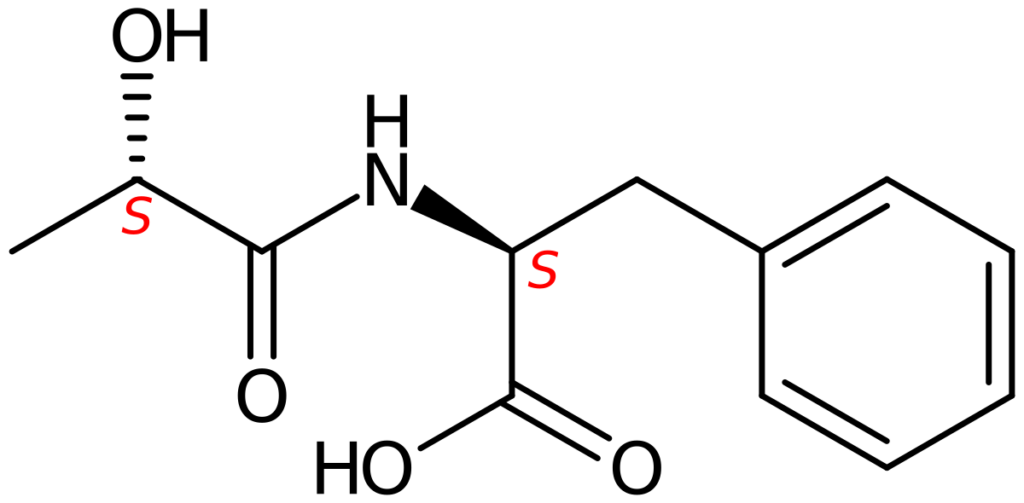How Exercise and Metformin Help with Weight Loss
A new study led by researchers from Stanford Medicine and Harvard Medical School has revealed a surprising finding: the molecule lac-phe, produced after vigorous exercise, is also responsible for the moderate weight loss observed in patients taking metformin, a common medication for type 2 diabetes. This discovery opens the door to new strategies for developing weight-loss drugs.
What is lac-phe, and why is it important?
Discovered in 2022 by a team from Stanford Medicine, lac-phe is a hybrid molecule made up of lactate (a byproduct of muscle activity) and the amino acid phenylalanine. This molecule is known to regulate hunger after intense exercise, reducing appetite in humans, mice, and even racehorses. Now, researchers have confirmed that the same molecule is activated by metformin, linking the medication for the first time to the same metabolic pathways triggered by exercise.

Metformin and lac-phe: The Connection to Weight Loss
The study, published in Nature Medicine, shows that metformin, in addition to its well-known ability to control blood sugar levels, stimulates the production of lac-phe. Obese mice treated with metformin experienced a significant increase in lac-phe levels in their blood, reduced their food intake, and lost about two grams of weight in nine days. Similarly, blood samples from people with type 2 diabetes showed a notable increase in lac-phe levels after 12 weeks of metformin treatment.
“The effect of metformin on lac-phe production is as significant as that of vigorous exercise,” explained Jonathan Long, PhD, one of the study’s lead authors.
The Role of the Gut in lac-phe Production
Researchers identified that intestinal epithelial cells are the primary source of lac-phe production induced by metformin. In experiments with genetically modified mice that were unable to produce lac-phe, weight loss and appetite suppression were not observed after metformin administration, confirming the critical role of this molecule.
Moreover, the study showed that mice incapable of producing lac-phe were also resistant to the anti-obesity effects of exercise, further reinforcing the connection between this molecule, metabolism, and body weight regulation.
Implications for Drug Development
Although the weight loss associated with metformin is modest (around 2% to 3% of body weight in the first year), this discovery could serve as a foundation for developing more effective treatments. Current medications, such as semaglutide, which can achieve weight loss of 15% or more, also originated from research based on modest initial findings.
The possibility of optimizing oral medications like metformin to influence hunger and energy regulation pathways is exciting. According to Long, “These findings suggest that we are just beginning to uncover a new class of drugs to control body weight.”
A Promising Future for Weight Management

The discovery of lac-phe as a critical mediator in weight loss induced by metformin and exercise highlights the intimate connection between muscle metabolism, the gut, and the brain. This breakthrough not only expands our understanding of how the body regulates hunger and energy but could also revolutionize the treatment of obesity and other metabolic diseases in the future.
The research team plans to continue exploring ways to optimize these pathways to develop more effective and accessible therapies, with the goal of improving the health of millions of people worldwide.
